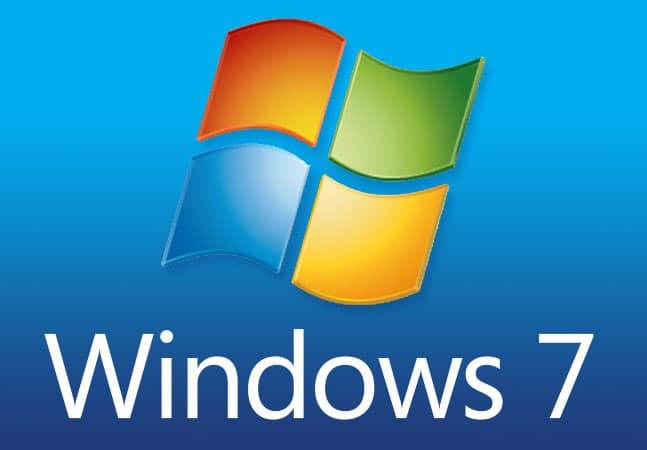About Coleman Technologies
Coleman Technologies is a managed IT and cybersecurity partner for growing businesses that can’t afford downtime, breaches, or guesswork. For over 25 years, we’ve helped organizations across British Columbia run stable, secure, and scalable technology environments—backed by 24/7 support, enterprise-grade security, and clear accountability. We don’t just fix IT problems. We take ownership of them.
Understanding IT
Get the Knowledge You Need to Make IT Decisions
Technology is constantly evolving, and keeping up can feel overwhelming. Whether you want to understand cybersecurity threats, explore automation, or learn how regulations like PCI DSS impact your business, we’ve made it easy to access clear, straightforward insights on key IT topics.
Contact Us
20178 96 Ave C400
Langley, British Columbia V1M 0B2
Mon to Fri 7:00am–5:00pm
Coleman Technologies Awards & Memberships



 Windows 7 is considered to be one of Microsoft's most successful operating systems. So much so that many organizations skipped upgrading to either of Microsoft’s newer operating systems: Windows 8 and Windows 10. You may be able to list many reasons why you want to stay with Windows 7, but it is time to start preparing to upgrade away from the OS as the end of life deadline is fast approaching.
Windows 7 is considered to be one of Microsoft's most successful operating systems. So much so that many organizations skipped upgrading to either of Microsoft’s newer operating systems: Windows 8 and Windows 10. You may be able to list many reasons why you want to stay with Windows 7, but it is time to start preparing to upgrade away from the OS as the end of life deadline is fast approaching.